About The Author
Mont Sky®
Your home may be your most valuable asset, so why settle when it comes to your real estate agent? Founded by former investment banking professionals, Mont Sky® brokers and agents come with deep industry experience in fields as varied as leveraged finance, institutional sales and real estate law.
Related Posts
Accidentally Left Gas Stove On Without Flame? What You Need to Know!
By
Mont Sky®
/ February 7, 2024







